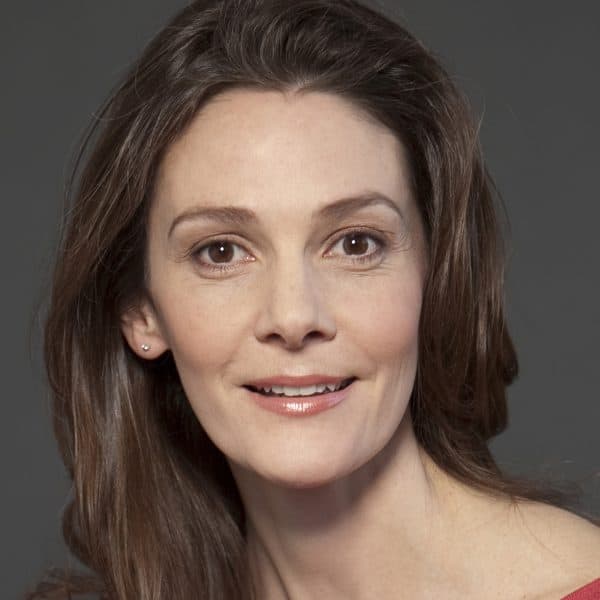Advertisement
Commentary
Letting go is an act of faith

This is not a piece about politics. This is a piece about mortality, and fallibility, and the sad, reassuring fact that no one and nothing is permanent.
Yes, I’m talking about Joe Biden, the way the natural manifestations of aging you and I may witness more privately in the behavior of our own family members — indeed, in ourselves — have for him played out in the public glare. How these hyper-scrutinized slippages led to his dropping his bid for re-election, for the good of his party and country.
I’m talking about Joe Biden, but I’m thinking of us all, whoever among us may enjoy the good fortune to reach an age when our vitality ebbs, our faculties cloud.
This process may be painful; it need not be tragic. What renders it tragic is a culture that values one type of contribution above all others. Acting, doing, producing, performing: such are the things we prize. Literally — these are the requisites for winning prizes, status, power, cash, renown. We bestow honor also on their lieutenants: steadfastness, resolve, grit.
It’s no wonder, Joe, that you responded to our concerns after the debate with, “When you get knocked down, you get back up,” and, “I’m not going anywhere folks … I promise you.” You were doing precisely what our culture has taught us good people do.
All of us will at some point have to let go. Few of us will face this task while shouldering the responsibility of leading an entire nation.
But imagine a less narrow curriculum. What if our society taught the value, too, of having a sense of proportion, humility, the capacity to recognize one’s limitations? What if it recognized that our contributions might sometimes take the form of not doing, of having the courage to step back, be still, make space for others? Imagine regarding these not as signs of weakness or negation but as signs of strength and profound humanity.
Years ago when my mother lay dying, someone in the room described her as “diminished.” Although she was at a point where she was barely speaking anymore, she shook her head and through closed eyes offered a correction: “Not diminished. More essential.” The boulder of grief inside my chest shifted, released a ripple of warm laughter. This was her very essence. She spoke truly.
What if we were able to understand the processes of aging, slowing down, even dying, not as bound exclusively to a narrative of loss, but also as a kind of distillation, a shedding of worldly encumbrance and a return to something more elemental?
All of us will at some point have to let go. Few of us will face this task while shouldering the responsibility of leading an entire nation. There’s a story in ancient Jewish mysticism that says in order to create the universe, in order to make space for the world to come into being, God chose to contract. What an amazing offering: to take a step back not as an act of diminution, but of generativity. What if we were able to regard letting go not as an act of giving up, not as forfeiture or failure, but as a way of modeling grace and honesty, a signal of faith in others?
Advertisement
What if we were able to regard letting go not as an act of giving up, not as forfeiture or failure, but as a way of modeling grace and honesty, a signal of faith in others?
Nothing is permanent. This can make us sad but it is also deeply reassuring. Nothing lasts forever, not people, not wars, not governments, not nations. The Buddhist monk Thích Nhất Hạnh teaches that without impermanence, a seed would never become a plant; a cloud would never become rain. We are at a moment when the media is telling us our very democracy may be coming to an end. This is terrifying, and terror is very good at making us cling to what we currently know, to the status quo. But the truth is, none of us knows where this may go. It’s okay to be scared. It’s okay to be sad.
The way I see it, the source of anxiety and the source of consolation are one and the same.
Recognizing impermanence means understanding that everything is in motion. The same force that enables loss enables growth. This doesn’t mean we should resign ourselves to whatever happens; it isn’t a prescription for passivity. It may, however, open up a little space. A little space in which we might pause, breathe, look around and see we are not alone. A little space in which we might relax our tight-knuckled resistance to change, and maybe with our newly free hands touch those near us, accept that none of us will be here always, trust that others will build something in our wake and hope that it will be beautiful.
